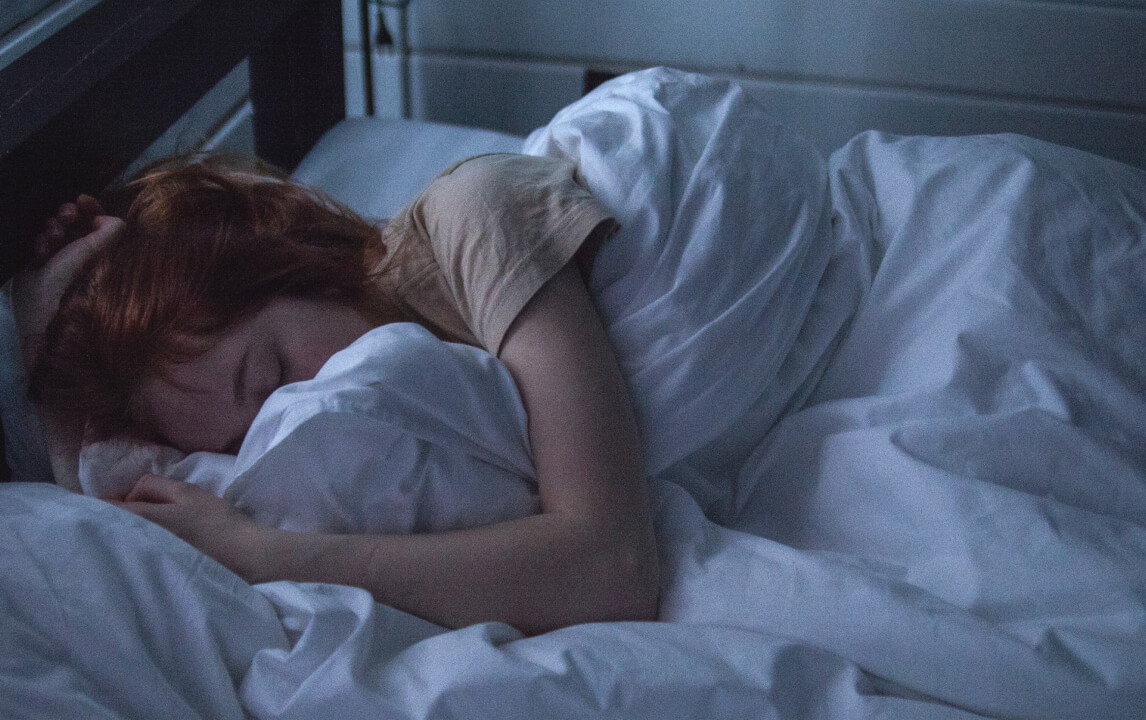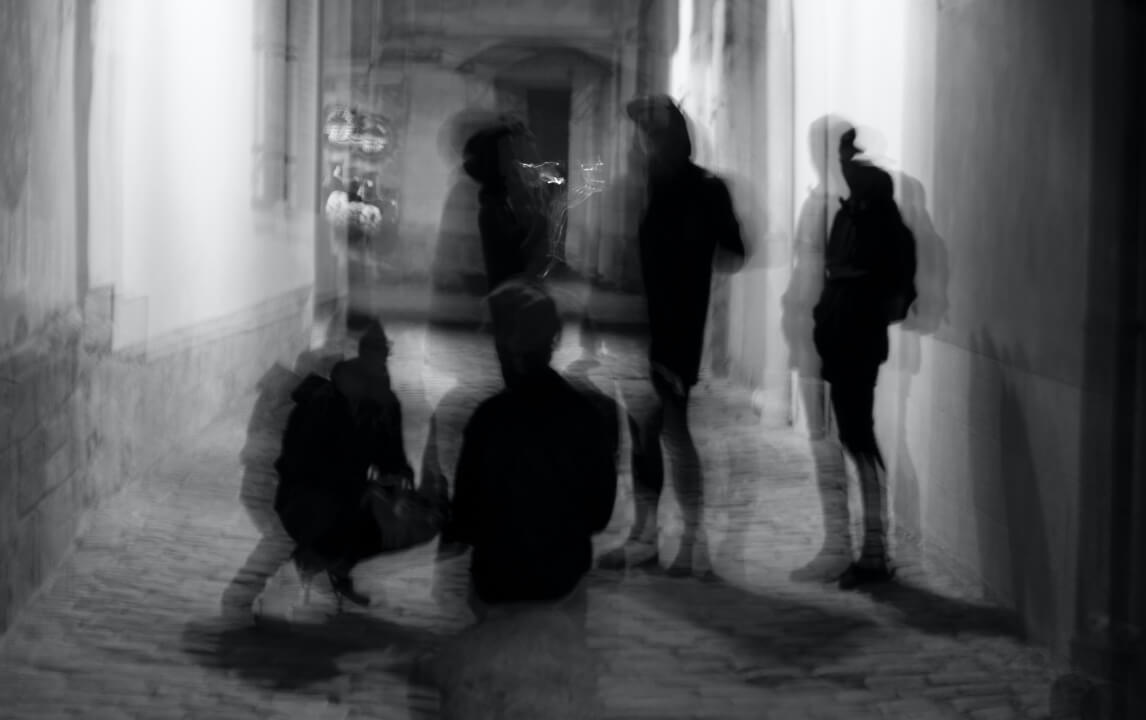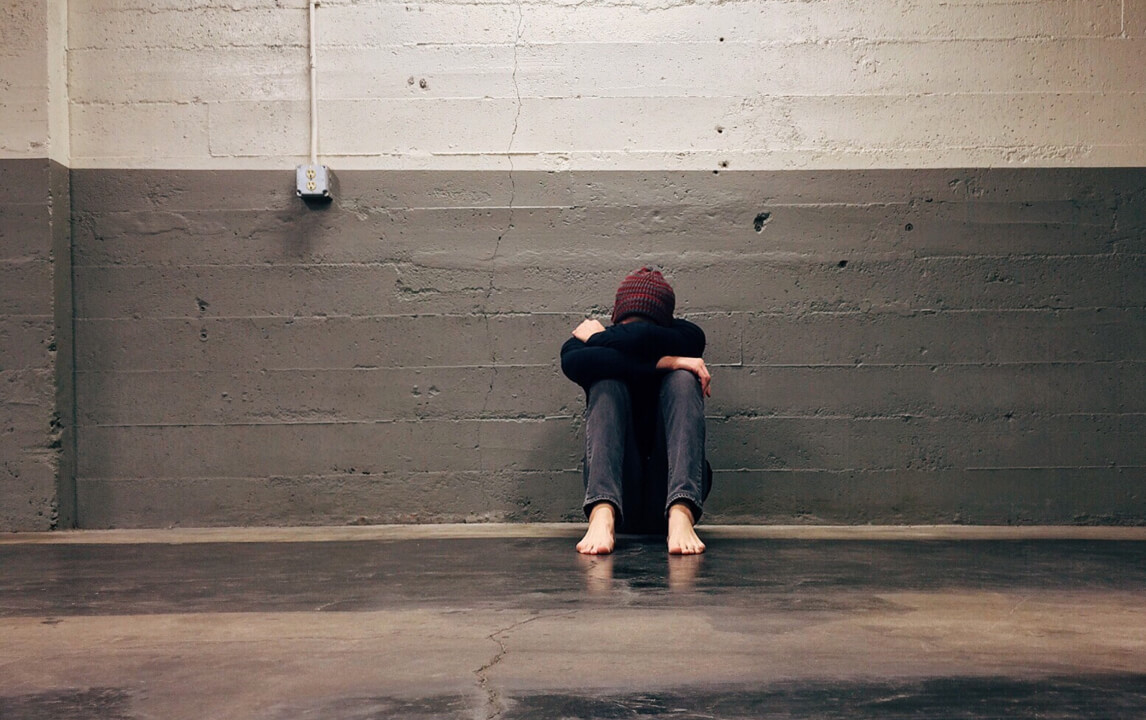Nightmares come in diversified forms. Startled wakeups are another common feature of clinical nightmare disorder. When you have a lot of nightmares, roughly one every night, that can lead to stress and insomnia.
For people who have significant nightmare problems, it’s also common for them to actively try to avoid sleep in order to avoid having nightmares.
What is Nightmare?
Nightmares are disturbing dreams that are associated with negative emotions, such as anxiety disorders or fears that wake you from sleep.
Although nightmares are common, nightmare disorder is relatively rare. Nightmare disorder refers to recurring nightmares that cause discomfort, interfere with sleep, make it difficult to perform daily activities, or have a fear of sleep.
Nightmares
Nightmares may have the following characteristics:
–Dreams look real, very sad and disturbing
-Dream content threatens life
– Wake up
– Makes people scared, anxious and angry
– Makes you sweat or your heart beats faster
– Can recall the details of the dream in detail after waking up
– Fear of falling asleep again
Nightmare disorder
Nightmares are considered an illness only if you:
– occurs frequently
– Causes anxiety or persistent fear, or fear of having nightmares again before going to bed
– Problems with concentration or memory, or constantly recalling dream images
-Daytime sleepiness, fatigue or lack of energy
– Unable to work, study or socially
– Behavioral problems related to bedtime or fear of the dark
Wondering if you wake up at night? Download Mintal Tracker APP to monitor your sleep.

Why do we have nightmares?
Doctors refer to nightmare disorder as a parasomnia — a type of sleep disorder that involves undesirable experiences that occur while you’re falling asleep, during sleep or when you’re waking up.
Nightmares usually occur during the stage of rapid eye movement sleep. It can be triggered by many factors, including stress or anxiety, trauma, sleep deprivation, medications, substance misuse, other disorders, scary books and movies. Nightmares are more common when family members have a history of nightmares or other sleep parasomnias.
Is it bad to have nightmares?
In a nightmare you felt despair and fear, because that creature could always find out exactly where you were hiding.
When you realized that you were just in a nightmare, no one could understand how lucky you was to be alive.
Nightmares, although scary, aren’t always a bad thing. A bad dream might help people in waking life. The hypothesis “sleep to forget, sleep to remember” suggests REM sleep strengthens emotional memories, safely storing them away, and also helps to tone down our subsequent emotional reactions to those events.
In many cases, they may help the dreamers ameliorate their daytime anxiety. Research has found that nightmares can help some people learn to better manage stress. We’ve known since Freud’s time that our current concerns are reflected in our dreams. Recording and “working through” bad dreams with a therapist can reveal a nightmare’s emotional connections to daily life. Far from being the stuff of pseudoscience, dream analysis seems to be a legitimate way to gain personal insights into our emotions and fears.

Do dreams nightmares mean anything?
1. Dream about ghosts and monsters
If you often dream of being chased by ghosts and beasts, it is the dream that describes the dreamer’s basic emotional feeling for survival.
People who are extremely insecure often dream of being chased by ferocious ghosts or beasts. They are always running away in their dreams, which is almost a portrayal of them in real life. They usually don’t have much confidence in the world, and it is difficult to establish a stable and safe relationship with people around them. They feel the cruelty of the world is everywhere, and they have to do everything possible to dodge to survive.
2. Dream about Faceless ghost
Dreaming about a ghost without a face may mean the source of something that you have not identified. For instance, if it makes you afraid, it may indicate that you need to explore what’s causing your phobia or face your fear to overcome it.
3. Dream about zombie
Dreaming of zombies largely means that you feel stressed at real life. You may be afraid of losing control of the current situation, or you’ve already lost control over something. You feel lost about the future and don’t know what to do.
Another possibility of dreaming of zombies is that you are rejected by someone and feel very lonely. All of this implies that you need to regain control of your life.
Very seriously suggest that visitors who often have such terrible dreams should find a dynamic therapist for analysis. These dreams are signals from your subconscious for help.
If you only occasionally dream of being chased by ghosts, monsters and beasts, don’t worry. We humans instinctively have the function of anxious warning of threats.
This dream of being chased occasionally reflects the increased stress in our real life, such as recent difficulties. To complete the work, or to deal with difficult interpersonal relationships, will make us temporarily retreat to a fragile state, feeling a kind of “struck by the world.”
How to treat nightmares?
It’s one thing having the odd beneficial bad dream and another entirely having chronic nightmares. Usually, treatment for nightmares is unnecessary. However, treatment may be needed if the nightmares are causing you distress or sleep disturbance and interfering with your daytime functioning.
The cause of the nightmare disorder helps determine treatment. Treatment options may include:
1. Medical treatment
If the nightmares are associated with an underlying medical condition, treatment is aimed at the underlying problem.
2. Stress or anxiety treatment
If a mental health condition, such as stress or anxiety, seems to be contributing to the nightmares, your doctor may suggest stress-reduction techniques, counselling or therapy with a mental health professional.

3. Imagery rehearsal therapy
Often used with people who have nightmares as a result of PTSD, imagery rehearsal therapy involves changing the ending of your remembered nightmare while awake so that it’s no longer threatening. You then rehearse the new ending in your mind. This approach may reduce the frequency of nightmares.
4. Medication
Medication is rarely used to treat nightmares. However, medication may be recommended for severe nightmares associated with PTSD.
Conclusion
Nightmares usually occur during the stage of rapid eye movement sleep. It can be triggered by many factors, including stress or anxiety, trauma, sleep deprivation, medications, substance misuse, other disorders, scary books and movies.
Do you want to know if you are getting a good night’s sleep? Try Mintal Tracker App to assess your sleep quality.









